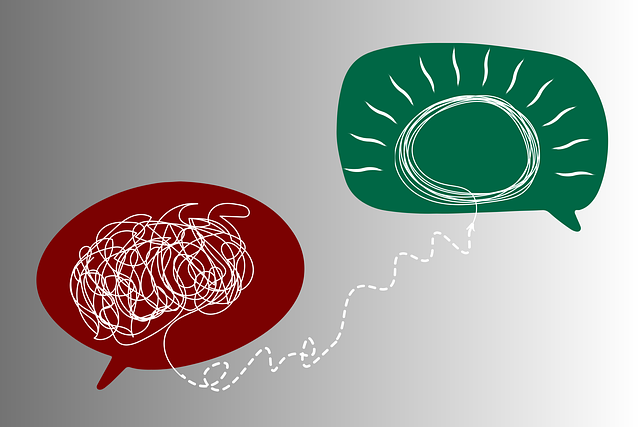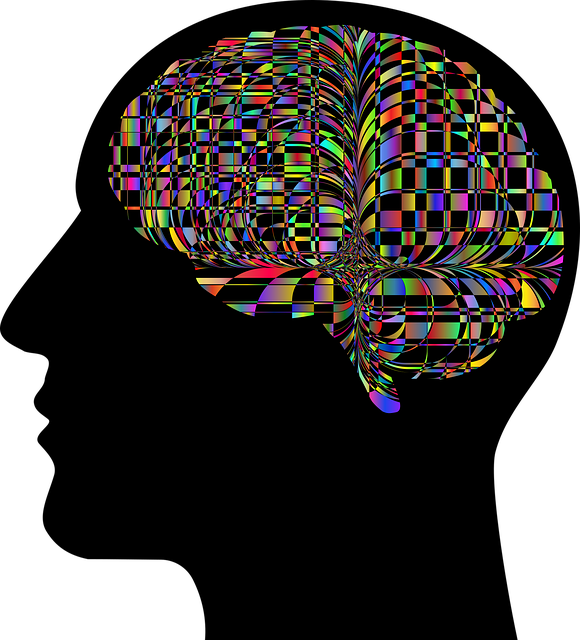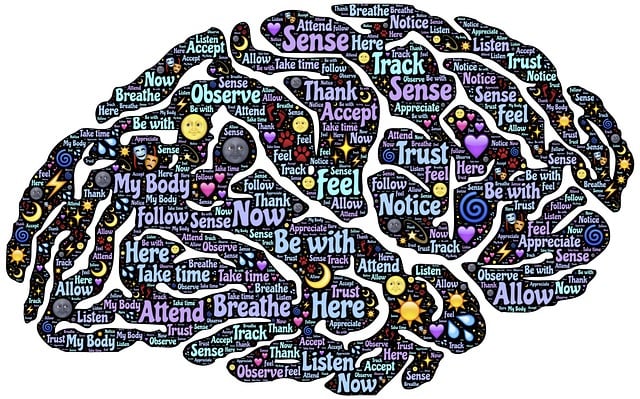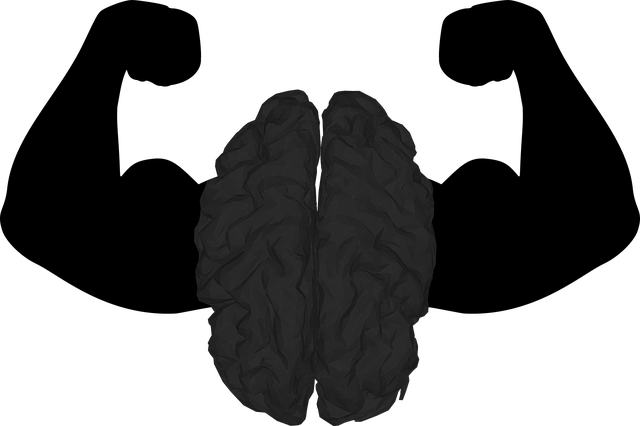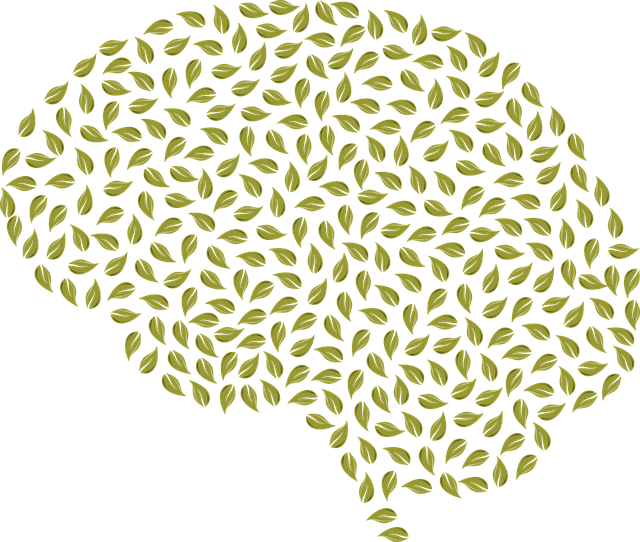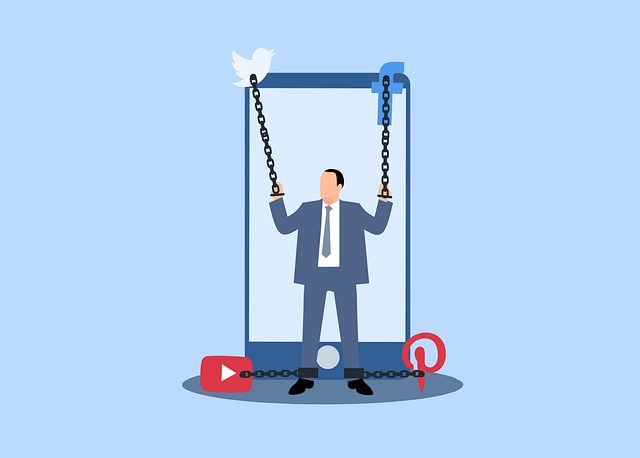Understanding anger is crucial for developing effective coping skills. Therapy for Anger Management helps individuals identify triggers, challenge negative thoughts through cognitive restructuring, and adopt healthy coping mechanisms. Relaxation techniques, problem-solving skills, and social skills training complement this therapy. Building resilience through these strategies enables people to navigate life's challenges with greater ease, transforming setbacks into opportunities for growth. Healthcare providers play a vital role by offering crisis intervention guidance tailored to individual needs, including cultural competency training for sensitive anger-related issues across diverse backgrounds.
“Unleash your inner calm and learn powerful coping skills for managing anger and emotional stressors. This comprehensive guide explores effective strategies for personal growth and resilience. Discover how understanding anger, recognizing triggers, and challenging negative thoughts can transform your life. From relaxation techniques to problem-solving skills, find tools to navigate conflicts and build mental strength. Embrace cognitive restructuring for a positive mindset and develop the resilience needed to overcome setbacks. Master these techniques, and discover the benefits of improved emotional well-being, including effective therapy for anger management.”
- Understanding Anger: Recognizing Triggers and Emotions
- Cognitive Restructuring: Challenging Negative Thoughts
- Relaxation Techniques: Calming the Mind and Body
- Problem-Solving Skills: Effective Strategies for Conflict Resolution
- Building Resilience: Coping with Setbacks and Stressors
Understanding Anger: Recognizing Triggers and Emotions

Understanding anger is a crucial step in developing effective coping skills. Recognizing triggers and emotions plays a pivotal role in managing this intense emotion. Anger, when left unaddressed, can lead to destructive behaviors and even physical health issues, underscoring the importance of early intervention. Many people struggle with anger due to past experiences or underlying mental health conditions, making therapy for anger management a sought-after solution. Healthcare providers play a vital role in offering crisis intervention guidance tailored to each individual’s needs.
Through therapy sessions, clients learn to identify triggers that set off their anger, be it specific situations, interactions, or thoughts. By understanding the root causes and associated emotions, individuals can develop healthy coping mechanisms. This process often involves enhancing emotional intelligence, learning stress management techniques, and cultivating positive self-talk. Additionally, cultural competency training for healthcare providers ensures that they can offer sensitive and effective support to clients from diverse backgrounds, addressing anger-related issues within a broader framework of mental wellness.
Cognitive Restructuring: Challenging Negative Thoughts

Cognitive Restructuring is a powerful technique used in therapy for anger management and other mental health issues. It involves challenging and changing negative thought patterns that contribute to distressing emotions. By identifying and questioning these automatic negative thoughts, individuals can learn to reframe their perspectives, leading to more positive and realistic beliefs. This process empowers people to cope with stress, anxiety, and anger in healthier ways.
In the context of stress management workshops organized by community outreach programs, cognitive restructuring plays a pivotal role. It teaches participants how to transform their thoughts from detrimental to constructive, thereby improving overall well-being. Positive thinking, encouraged through this technique, can significantly enhance an individual’s resilience against life’s challenges. This skill is particularly beneficial for those seeking anger management strategies, as it helps them respond rather than react impulsively, fostering a calmer and more controlled mindset.
Relaxation Techniques: Calming the Mind and Body

Relaxation techniques are invaluable tools for coping skills development, especially when it comes to managing anger effectively. Through practices like deep breathing exercises and mindfulness meditation, individuals can learn to calm their minds and bodies, preventing impulsive reactions. These techniques promote self-awareness exercises, enabling better understanding of triggers and emotions, which is crucial for successful therapy for anger management.
Incorporating relaxation into daily routines fosters emotional healing processes by reducing stress levels and improving overall well-being. Cultural sensitivity in mental healthcare practice plays a significant role here, ensuring that these methods are accessible and adapted to suit diverse populations, recognizing that different cultural backgrounds may have unique approaches to relaxation and emotional regulation.
Problem-Solving Skills: Effective Strategies for Conflict Resolution

Problem-solving skills are an essential component of coping mechanisms and can significantly enhance one’s ability to navigate conflicts in daily life. When individuals encounter challenging situations, whether at work, at home, or in interpersonal relationships, effective problem-solving strategies can prevent escalation and foster constructive outcomes. One powerful tool for developing these skills is therapy for anger management, which teaches individuals to recognize triggers, regulate emotions, and communicate assertively. This form of therapy provides valuable guidance on how to approach conflicts with a clear mind, ensuring that solutions are thoughtful rather than reactive.
In addition to therapy, incorporating self-care practices and mental wellness journaling exercises can further strengthen problem-solving abilities. Journaling allows individuals to reflect on their emotions, gain insights into patterns of behavior, and identify potential triggers. It offers a safe space to explore thoughts and feelings without judgment, promoting better understanding of oneself and others. Moreover, social skills training complements these practices by teaching effective communication techniques, active listening, and empathy-building exercises, which are crucial for resolving conflicts in various settings.
Building Resilience: Coping with Setbacks and Stressors

Building resilience is a key aspect of coping skills development, allowing individuals to navigate life’s setbacks and stressors with greater ease. This involves cultivating a mental fortitude that enables one to adapt and bounce back from challenges, rather than being overwhelmed by them. Therapy for anger management plays a pivotal role in this process, as managing intense emotions like anger is crucial for maintaining emotional intelligence and effective conflict resolution techniques. By learning self-awareness exercises, individuals can better understand their triggers and develop healthier coping mechanisms.
Through therapy, one gains the tools to reframe setbacks as opportunities for growth and learns to foster a positive mindset that empowers them to face difficulties head-on. This resilience is built upon emotional intelligence—the ability to recognize and manage one’s own emotions as well as those of others. By integrating conflict resolution techniques into their coping arsenal, individuals can transform stressful situations into constructive opportunities for personal development and enhanced interpersonal relationships.
Coping skills development is a multifaceted process that can significantly enhance one’s ability to navigate life’s challenges. By understanding anger, recognizing triggers, and employing cognitive restructuring techniques, individuals can transform negative thoughts into more adaptive ones. Relaxation exercises empower them to calm their minds and bodies under stress. Effective problem-solving strategies foster constructive conflict resolution, while building resilience equips people to cope with setbacks and stressors. Integrating these coping mechanisms, often facilitated by therapy for anger management, allows for personal growth and improved overall well-being.


